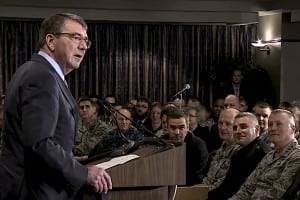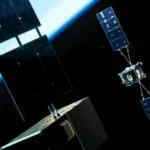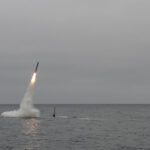
Secretary of Defense Ash Carter is vowing to continue growing his high-tech outreach initiative to include more offices that place military personnel among private-sector innovators.Carter cut the ribbon on a new Defense Innovation Unit-Experimental (DIUx) last week in Austin, Texas. It was the third such innovation hub to follow the East Coast iteration in Boston and the initial pilot program office in Silicon Valley, California.“We’re going to keep going because there are lots of good technology hubs in the United…

 By
By 











